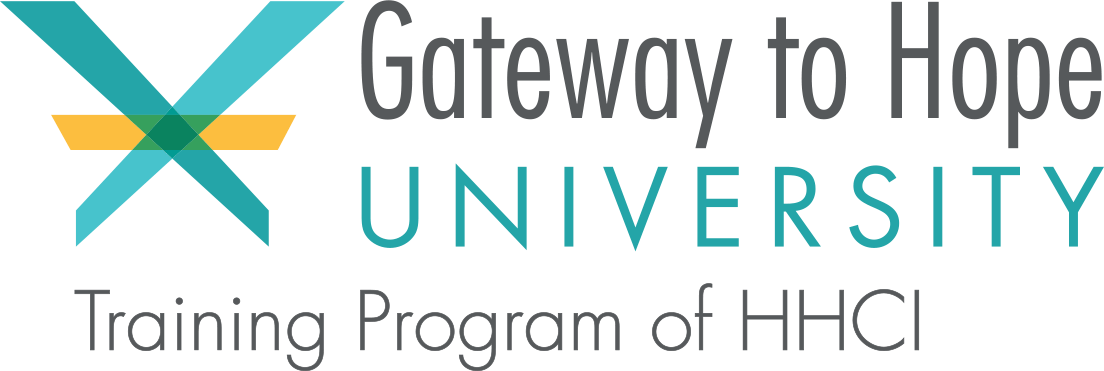It’s estimated that between 60-70% of people experience at least one traumatic event in their lifetimes. Others may experience trauma in childhood or face a number of traumas over time. These events can challenge a person’s ability to cope.
In this specialization course for Mental Health Coaches, you’ll learn how to support people who are struggling after a traumatic experience. You’ll learn to recognize signs of trauma, including signs of long-term trauma, PTSD, and Childhood Adverse Experiences (known as ACES). You’ll also learn about treatments and how to refer someone to a helpful mental health provider. And we share skills for relating to people experiencing a trauma response and supporting people so they can heal from these experiences.
The Mental Health Coach training is a prerequisite for this course.

